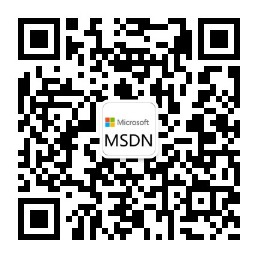Since Microsoft loved open source, Java has also become the development language on Microsoft Azure. From Visual Studio Code, to cloud services, to the release of Microsoft's JDK version, Microsoft is continuously strengthening its support for Java, allowing Java to better migrate to the cloud
Microsoft officially compiled a detailed Java on Azure self-study path for Java developers, using tools and frameworks you are familiar with and favorite, including Spring, Tomcat, WildFly, JBoss, WebLogic, WebSphere, Maven, Gradle, etc., on Azure to build, expand and migrate Java applications .
Study outline
- Basic concepts of Java on Azure
- Choose the appropriate Azure service to deploy the Java application
- Deploy Spring Boot application to Azure application service
- Deploy Java web applications to Azure App Service
- Deploy Spring microservices to Azure
- Build real-time event-driven Java solutions in Azure
- Deploy Java EE (Jakarta EE) applications to Azure
- Use GitHub Actions or Azure Pipelines to quickly develop and deploy Java applications
- Use JMS and Azure Service Bus to implement asynchronous messaging in Java applications
- Use Azure Active Directory in a Java web application to log users in
- Use Azure Cache for Redis to accelerate and scale Spring Boot applications
- Use cloud-scale NoSQL Cosmos DB to build Java applications
- Use IntelliJ to develop Java web applications on Azure
- Use Maven to develop Java web applications on Azure
- Use Maven to develop Java serverless functions on Azure
- Monitor Java applications on Azure
A total of 16 modules, 10 hours, progressive approach to fully grasp the Java on Azure, each module also has a final check of knowledge to help you quickly pick out focus, continuous learning also receive a small medal . Click the link below to enter the learning website.
https://docs.microsoft.com/zh-cn/learn/paths/java-on-azure/?ocid=AID3039170
Scan the QR code to follow Microsoft MSDN to get more first-hand technical information and official learning materials from Microsoft!


**粗体** _斜体_ [链接](http://example.com) `代码` - 列表 > 引用。你还可以使用@来通知其他用户。